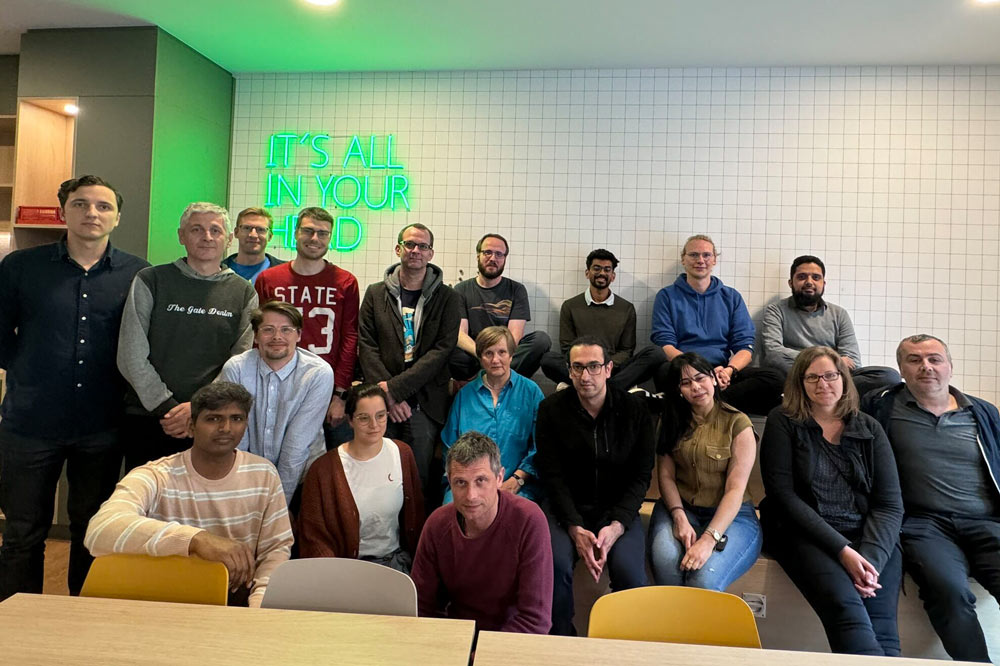The NFDI4Chem consortium recently organized a productive workshop titled “FAIR Services for Terminologies and Data in NFDI and Beyond” in collaboration with the Linked Scientific Knowledge Team at TIB – Leibniz-Informationszentrum Technik und Naturwissenschaften und Universitätsbibliothek and NFDI4Ing. The two-day event, held in Hameln on June 10-11, brought together experts from various NFDI consortia and research projects to discuss the development of terminology services, curation of terminologies, and their integration into software tools.
The workshop featured lightning talks covering diverse topics, including the latest developments of the Ontology Lookup Service (OLS4), terminology mappings, versioning of terminologies, analyzing semantic differences, supporting scientific communities in developing terminologies like Voc4Cat and React4Cat, data annotation tools like Antilope, integration of terminologies into data repositories (CKAN, Dataverse), and recommendations for ontology metadata.
In-depth discussions were held in smaller groups, focusing on versioning of terminologies and semantic differences (including PIDs for terminologies and terms), ontology dependencies and challenges of reusing common terms, ontology mappings, and the development of the Ontology Lookup Service (OLS4).

Participants from NFDI4Chem, NFDI4Ing, NFDI for Catalysis-Related Sciences (NFDI4Cat), NFDI4Culture, and other projects like BITS, Coypu, and SC4EU contributed to the fruitful discussions. The outcomes of which will significantly influence the future development of terminology services and tools within the participating projects and consortia. At TIB, efforts are underway to implement archiving and versioning features for terminologies in the TIB Terminology Service, while the development of mapping services and integration of mapping curations will be a collaborative effort across various communities, including NFDI4Chem and TS4NFDI. The workshop provided a valuable platform for collaboration, knowledge sharing, and driving the development of essential FAIR services and tools for the scientific community.